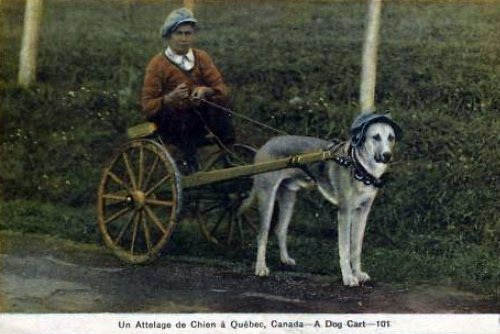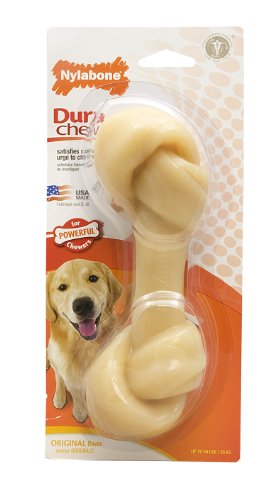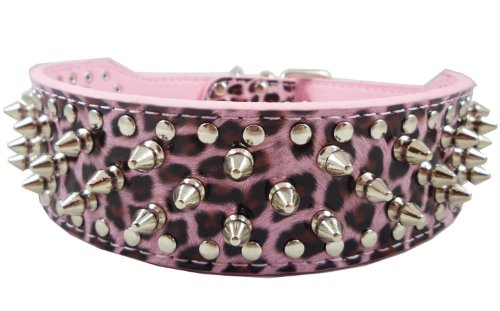

You see them everywhere you turn, in the newspapers, on grocery store bulletin boards, and in a cardboard box at stores. Animals that are “Free to a good home”. Often these animals are puppies and kittens from irresponsible owners, cats and dogs that are no longer wanted, and of course the occasional good samaritan that found a lost dog or cat that they are unable to keep.
Placing a “free to good home” ad is down right dangerous. Often people known as “bouchers” (French for butchers) search the newspapers, the Internet, and bulletin boards for free animals, only to turn around and sell them to research laboratories, to illegally train fighting, hunting, and guard dogs, to sacrifice in cult rituals, and other cruel purposes. Yes this is indeed true, and it doesn’t just happen in the big cities. I am extremely offended by anyone who would want to get rid of their own animal, and even more offended by anyone who would allow their own animal to become pregnant. Remember pets are for life, and you permitted your animal to have puppies and kittens by not spaying, and by not keeping them indoors/supervised. However, if you are going to do this, I feel it needs to be done correctly.
If the animal(s) are strays that you have found, be sure you have done everything in your power to find the owner. Here are some tips to help locate the owner of a an animal that you have found.
So you have an animal that needs a good home, and the rescues and shelters are unable to help you? Here are some tips and advice to help you along.
Spay the mother cat or dog immediately! If your own pet has unwanted puppies or kittens, this isn’t the mother’s fault, it is your fault. Spay mom and if possible neuter dad to prevent anymore unwanted litters.
Take the animal(s) to the vet for full check-up, tests, vaccines, and schedule a spay/neuter appointment. The animal(s) should be in the best of health, and you should be able to provide proof to any potential families. If the animal(s) is/are too young to be spayed/neutered, check with your vet regarding a spay/neuter certificate to be presented to the family. You may also want to check local spay/neuter clinics, or animal rescues for a discount spay/neuter. The reason for spaying/neutering is not only for the health benefits, but also to prevent anymore unwanted animals.
This can be a difficult task, but with some effort, you will be able to find your animal(s) the best home possible.
So now you have put much time, money, effort, and love into the animal(s), and you are going to give him/her to a total stranger? You will have to screen potential families. You can speak to them over the phone, or make a home visit. Remember, you are looking for a PERMANENT and RESPONSIBLE home. Be sure to tell the potential family the money agreement, be sure to tell the family the animal’s condition, and what vet care he/she has already received from you.
Gathered from the Internet to use as a guide for screening potential families.
Cat Adoption Screening from Pet Action League
Dog Adoption Screening from Pet Action League
If you do not feel comfortable with the potential family, deny the adoption. You do not want to be up late wondering if it was indeed the perfect home. Let the family know you have other families interested and you will get back with them. Also be prepared for questions from the potential family, they will want to know why you no longer want the animal, if the animal is housetrained, been checked for worms, does he/she have fleas or ear mites, how well does he/she get along with other cats/dogs, children etc.
You have found the perfect home for your fostered animal. It is now time to finalize everything.
http://www.geocities.com/sevie.rm/FreeAds.htm
 Dangers of “Free to Good Home” ads
Dangers of “Free to Good Hom
Dangers of “Free to Good Home” ads
Dangers of “Free to Good Hom
 20 Jobs Dogs Have Preformed
20 Jobs Dogs Have Preformed
Most people think of th
20 Jobs Dogs Have Preformed
20 Jobs Dogs Have Preformed
Most people think of th
 Hypoallergenic Dogs List - The Best Dog Breeds For People With Allergies Or Asthma
Dogs For People With Allergies Or Asthma
Whenever I
Hypoallergenic Dogs List - The Best Dog Breeds For People With Allergies Or Asthma
Dogs For People With Allergies Or Asthma
Whenever I
 How To Rehome A Dog
Reasons For
How To Rehome A Dog
Reasons For
 Designer Dog Collars
Your dog can be stylish too!
Designer Dog Collars
Your dog can be stylish too!
Copyright © 2005-2016 Pet Information All Rights Reserved
Contact us: www162date@outlook.com